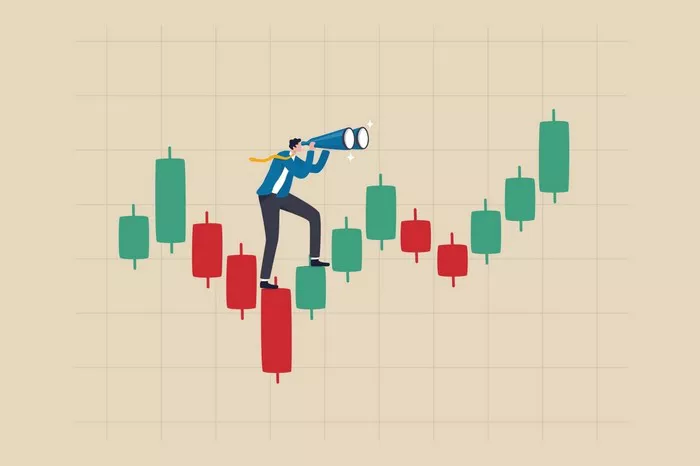In the realm of finance, derivatives play a pivotal role, offering investors unique opportunities to profit from the movements of underlying assets without directly owning them. Both futures and options belong to this category of financial instruments, deriving their value from an underlying asset, yet they operate in distinct ways.
Futures contracts represent agreements to buy or sell a specific asset at a predetermined price on a future date. Conversely, options grant the holder the right, but not the obligation, to buy or sell an asset at a predetermined price within a specified timeframe.
Leverage and Margin
One of the key attractions of futures trading lies in its ability to offer significant leverage. With futures contracts, investors can control a substantial amount of the underlying asset with a comparatively small initial investment. This leverage amplifies both potential gains and losses, making futures trading a high-stakes endeavor suited for experienced investors who understand and can manage the associated risks.
Fixed Upfront Trading Costs
In the realm of cost predictability, futures hold a distinct advantage over options. Futures contracts typically entail fixed margin requirements, providing traders with clarity regarding their upfront trading costs. In contrast, options premiums can fluctuate based on market volatility, resulting in variable upfront expenses that may not be as easily foreseeable.
No Time Decay
Unlike options, futures contracts do not suffer from time decay. Time decay refers to the gradual erosion of an option’s value as it approaches expiration. This phenomenon can significantly impact the profitability of option positions, particularly for strategies reliant on time-sensitive price movements. By eliminating time decay from the equation, futures trading offers a more straightforward path to potential profits.
Liquidity
Another factor that sets futures apart from options is liquidity. Futures markets often boast higher liquidity compared to their options counterparts. This heightened liquidity facilitates smoother entry and exit from positions, reducing the risk of slippage and ensuring that traders can execute their trades at competitive prices.
Simplicity and Pricing
In terms of complexity, futures generally offer a more straightforward proposition compared to options. The pricing and valuation of futures contracts are typically more transparent and easier to understand, making them an attractive choice for investors who prefer simplicity in their trading strategies.
Risk Management
Beyond speculative trading, futures serve a critical role in risk management. By allowing market participants to hedge against price fluctuations, futures provide a mechanism for locking in prices and mitigating exposure to adverse market movements. This risk management capability is particularly valuable for businesses and institutions with underlying assets or liabilities susceptible to price volatility.
Flexibility
Flexibility is another hallmark of futures trading. Unlike some other financial instruments, futures contracts can be easily adapted to changing market conditions. Whether adjusting positions to capitalize on emerging trends or mitigating risks in volatile markets, futures offer investors the flexibility they need to navigate dynamic economic landscapes effectively.
Cost Efficiency
From a cost perspective, futures trading often proves to be more economical compared to alternatives like options. Lower transaction costs and margin requirements make futures an attractive choice for traders seeking to maximize their returns while minimizing expenses. This cost efficiency can be especially advantageous for active traders executing frequent transactions.
Strategic Advantages
Beyond their inherent features, futures offer strategic advantages that make them a preferred choice for certain investment strategies. In particular, commodities, currencies, and indexes are areas where futures trading shines. The ability to gain exposure to these asset classes through futures contracts provides investors with unparalleled flexibility and diversification opportunities.
Conclusion
In conclusion, while both futures and options play essential roles in the financial markets, futures trading offers distinct advantages that appeal to a wide range of investors. From leverage and cost predictability to risk management and strategic flexibility, futures provide a robust framework for implementing various investment strategies. By understanding the unique characteristics and benefits of futures contracts, investors can make informed decisions to achieve their financial objectives.


